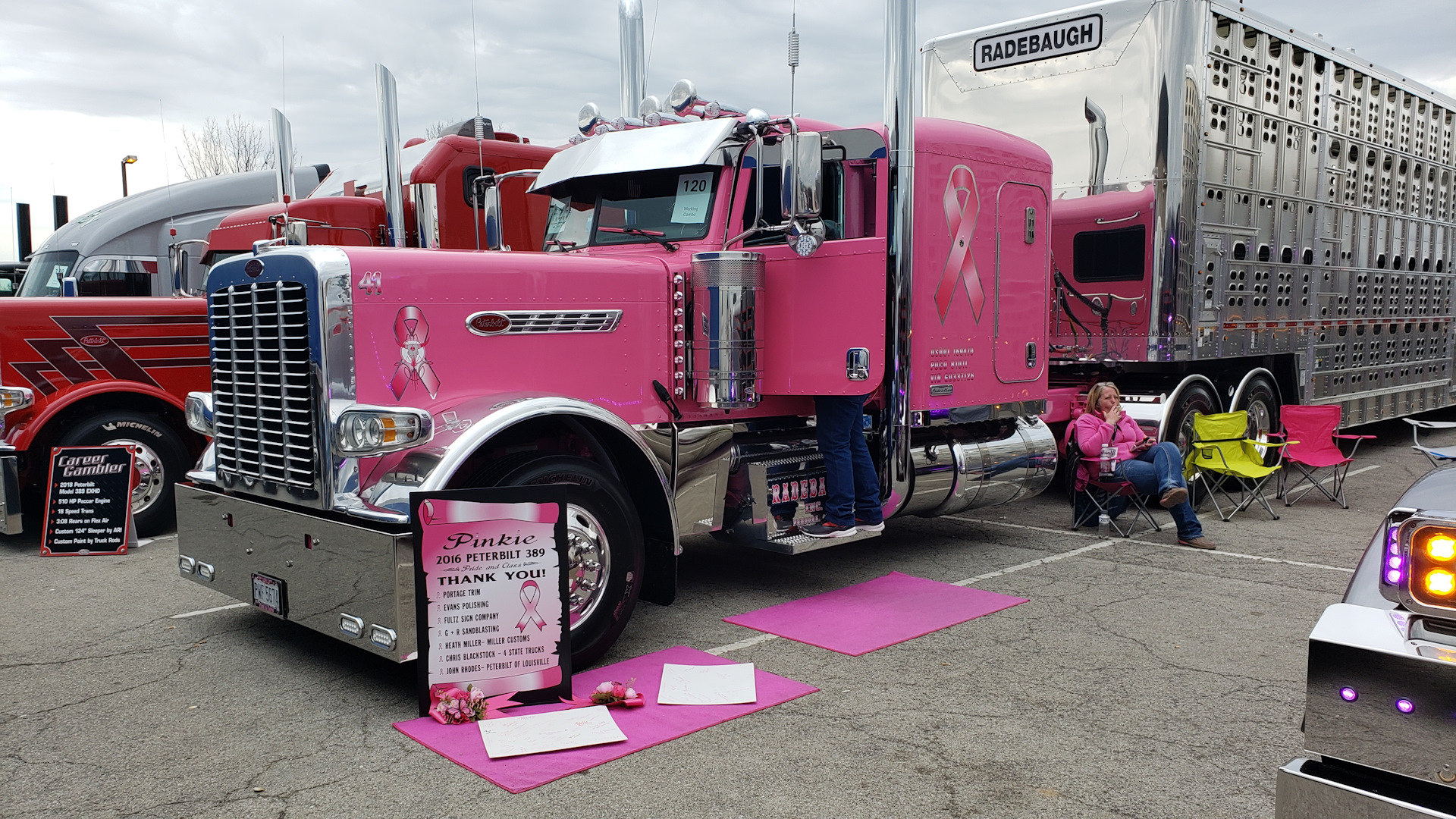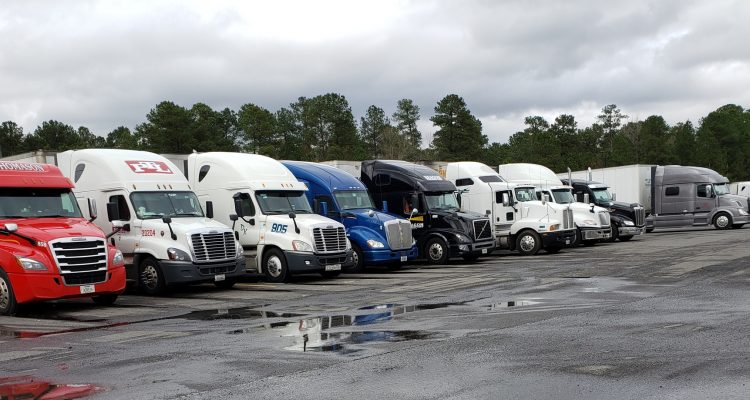The US government, within the framework of the DERA (Diesel Emissions Reduction Ast) project, has proposed grants for the creation of electrified parking spaces and freight broker mentorship program.
Electrified parking spaces (EPS) were first developed in the US ten years ago and have come to be known as Truck Stop Electrification (TSE).
The implementation of this innovative solution allows drivers to use heating during their holidays, as well as air conditioning, depending on weather conditions, without starting the vehicle engine. Drivers of long-distance vehicles using the EPS system are given the opportunity to maintain the required level of cooling in refrigerators, access to Wi-Fi and television.
As part of the DERA 2019/2020 program to reduce exhaust emissions, the US government has decided to subsidize electrified parking spaces. Companies using this offer are guaranteed 30% government funding.
David Kiefer, director of marketing and product management at Carrier Transicold, in an interview with a correspondent of one rating American portal, noted that over the past 10 years a lot of laws have been issued prohibiting the car from idling. Carriers are not comfortable living under these rules, as they vary by city and state. Most of them restrict drivers from idling to three to five minutes, across the country from zero to twenty minutes. It is important to know the local laws as the penalties are very high.
A typical US fleet truck idling uses up to 3,000 gallons (about 11,500 liters) of diesel fuel during a year while parked. This is a very significant argument in favor of EPS savings.
According to one of the largest US carriers Schneider, the cost of supplying electricity during a truck idle is minimal, while the price of a gallon is $ 3, the cost of electricity from EPS is 25 cents per hour. The use of EPS in public parking lots is about one dollar per hour.
The innovative project has already created 20 electrified parking spaces, each of which provides access to Wi-Fi, TV and air conditioning, without using the running engine.
